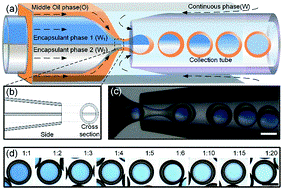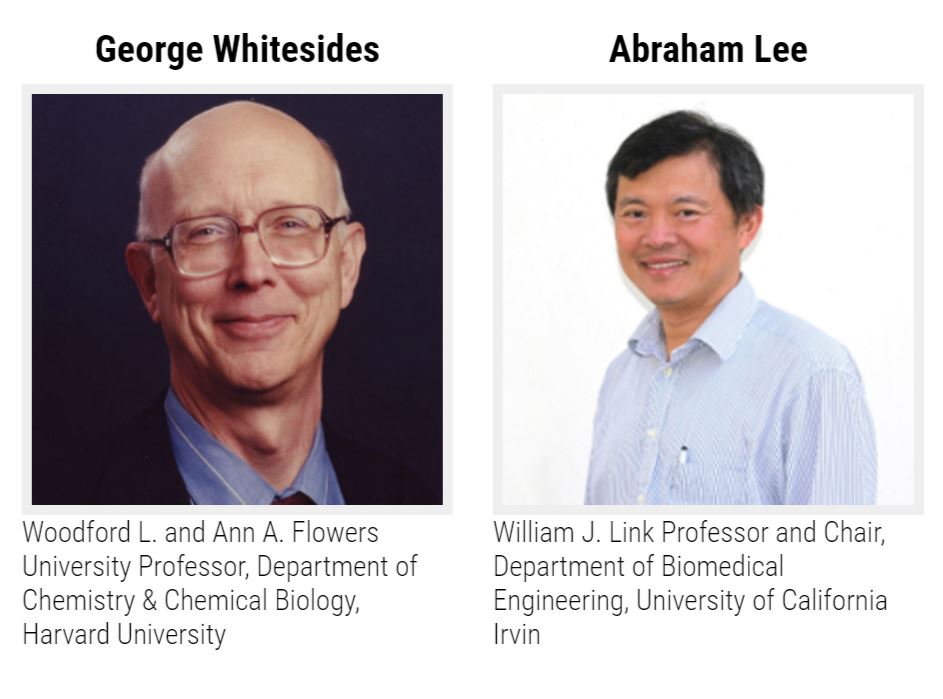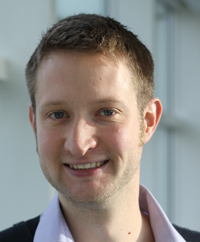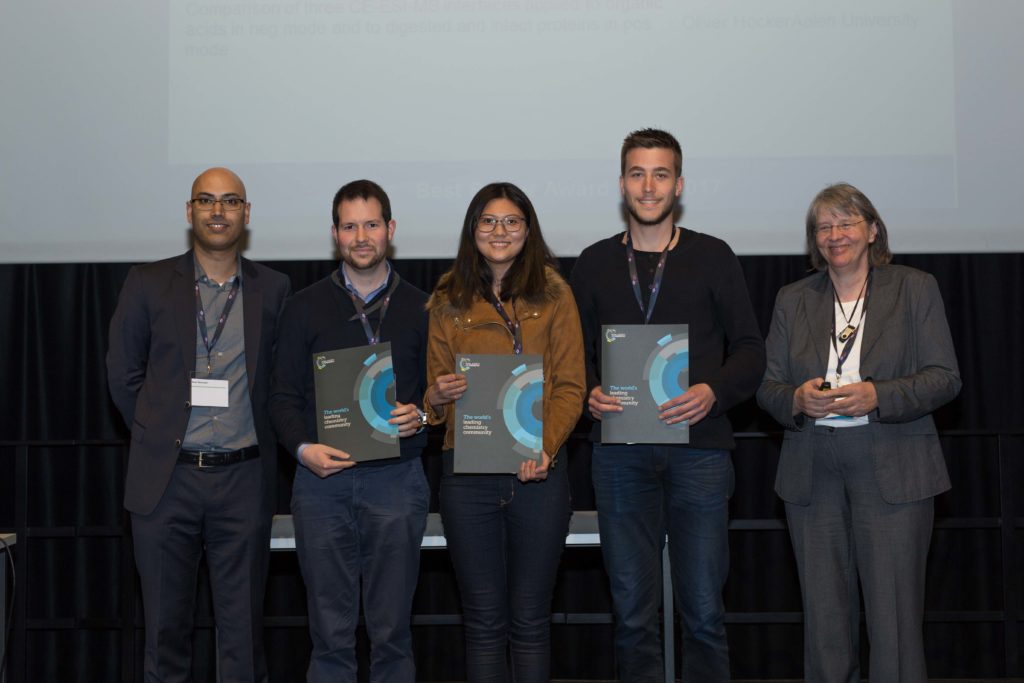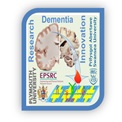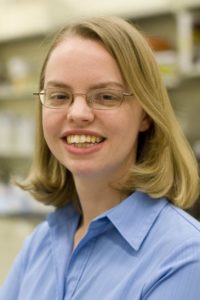The Analytical Research Forum 2017 was held on the 7th of July at Burlington House in London. The interdisciplinary one-day event featured invited talks, flash presentations and poster presentations on an impressive range of analytical techniques and applications. From the analysis of the hidden art beneath Rembrandt’s paintings to conducting life science experiments in outer space, the variety and calibre of work was of the highest standard.
Invited talks were given by Elaine Holmes (Imperial College, UK), Perdita Barran (University of Manchester, UK), David Peggie (National Gallery, UK) and Tony Ricco (NASA Research Laboratory, USA). Contributed talks and flash presentation sessions also enabled more participants to present a snapshot of their research to the analytical community.
Prizes were awarded by the RSC Analytical Chemistry Trust Fund to the best contributed talks and flash presentations. We are pleased to offer our congratulations to the prize winners:
- Becki Scott (KU Leuven, Belgium), Contributed Talk, First Prize
- Thomas Smith (University of Sheffield, UK), Contributed Talk, Second Prize
- Ryan Kane (University of Strathclyde, UK), Flash Presentation, First Prize
- Yuko P. Y. Lam (University of Warwick, UK) and Emily Kempa (University of Manchester, UK), Flash Presentations, joint Second Prize.
The Royal Society of Chemistry also awarded subscriptions to our journals Analyst, Analytical Methods and Lab on a Chip as prizes for the best posters on the day. We are delighted to recognise the excellent work of the following prize recipients:
- Fay Nicolson (University of Strathclyde, UK) for a poster entitled “Through barrier detection using handheld surface enhanced spatially offset Raman spectroscopy”
- Saba Al-Obaidy (Hull University, UK) for a poster entitled “Simple microfluidic platform to evaluate biological inspired nano-particles for focussed delivery of anti-bacterials”
- Andrew Donohoe (Dublin City University, Ireland) for a poster entitled “Development of cost effective sensors for the in-situ monitoring of heavy metals”
Congratulations to Fay, Saba and Andrew for presenting top class analytical research!
Andrew Donohoe and Fay Nicholson accept their awards from Melissa Hanna-Brown,
President of the Royal Society of Chemistry Analytical Division
Congratulations to all the prize winners and many thanks to all the participants who contributed to a vibrant and exciting meeting!













